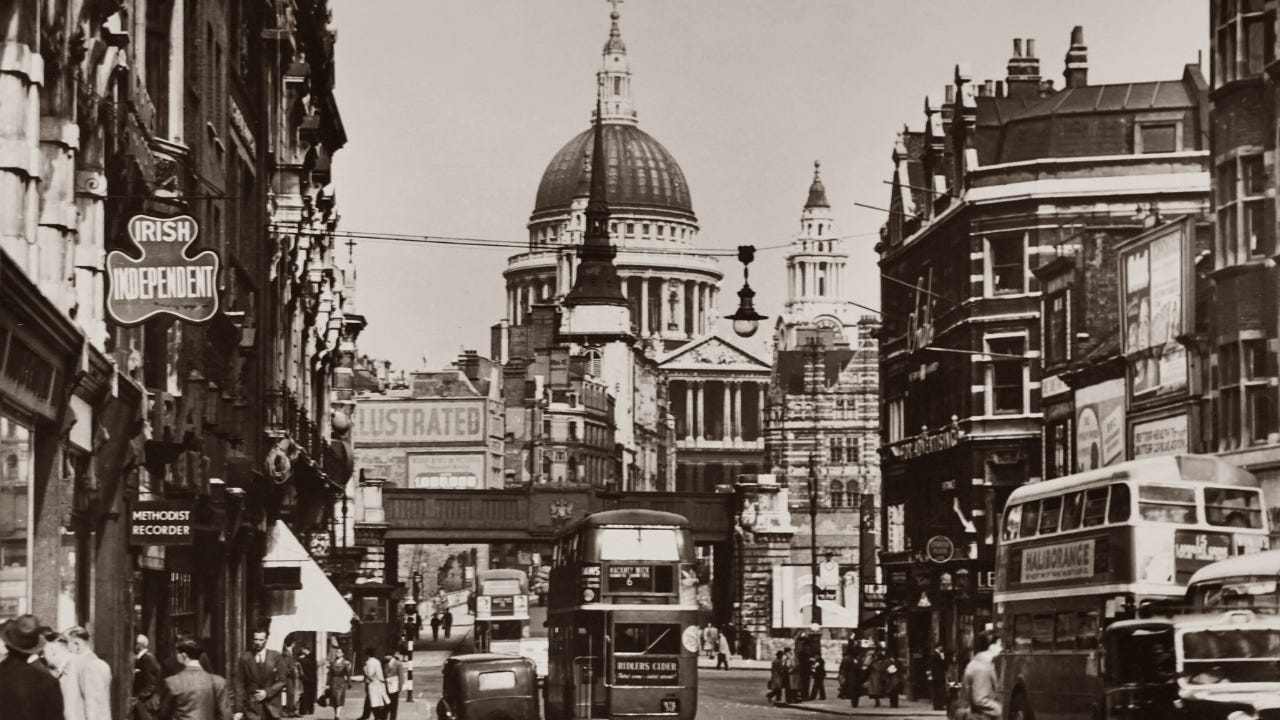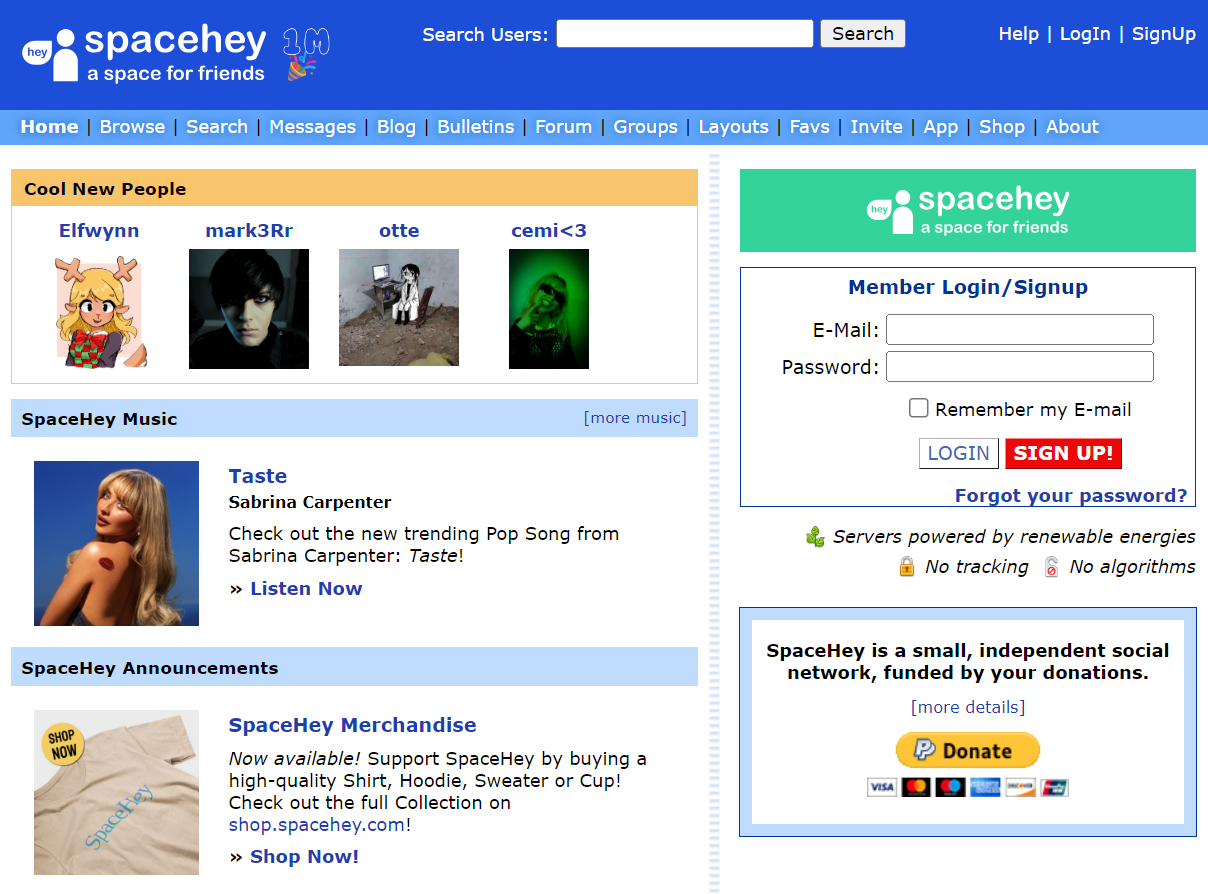Finally, The London Media Scene Gets a Reset
Amid takeovers and cuts, there is some optimism in town
PREVIOUSLY: The Myth of The First Amendment
Bruising is the best way to describe the past few years for the UK’s media sector. Following the pandemic, you had the invasion of Ukraine and inflation soared to wallet crushing levels — 10% and more.
As consumer behaviours changed, the ad market took a hit and many prized media assets were under threat from takeovers, while others attempted to stay afloat.
It’s no surprise then that this environment led the London Evening Standard, which has increasingly become thinner and thinner over the years, to go weekly from 26 September.
Before the pandemic the Evgeny Lebedev-owned outlet was distributing more than 780,000 copies each weekday across the Big Smoke. Now, The Standard will be reduced to a Thursday run. At least the publication, founded in 1827, is still going.
The Guardian has also had to undertake its own cost-saving exercises, going through a voluntary redundancy programme. And the cuts at the BBC are continuing. The most recent round saw more than 100 jobs go.
You would think the London media scene is all doom and gloom, but there are some notable green shoots emerging.
I’m heartened to see that Joshi Herrmann’s Mill Media is heading to London. The project has also launched Substack-powered outlets in Manchester, Liverpool and Birmingham. Now the UK’s capital will benefit from its quality journalism from October, I’ve been told.
Herrmann was wise to prove the model elsewhere before trying his luck in London. The business will also benefit from £350,000 worth of financial firepower after investments from CNN boss Mark Thompson and Axios publisher Nicholas Johnston last year.
Likewise, CityAM, which was acquired by The Hut Group in 2023, continues to expand its editorial arms. The outlet has fully embraced video, upped its SEO game and we should be seeing a makeover of its newsletters in the future.
Christian May has also returned as editor. With bases now in London and Manchester, CityAM has serious national ambitions and has the funding and the right team to deliver on it. 2025 could be its year.
The Fence, which boldly declares itself to be the UK’s “only magazine”, also hit its five-year anniversary earlier this year. The Soho-based outlet is published quarterly and delves into politics, culture and fiction.
And finally, business-focused publisher Fortune has expanded its footprint in London. Amongst other hires, the outlet has taken on Jim Edwards, formerly of Business Insider, as its global news director and Oliver Smith, ex-editor of AltFi, as news editor. Fortune wants to expand its US content, whilst producing more European-focused stories.
Stability is the expected watchword for the next 24 months. Inflation is now around the Bank of England’s 2% target, there are consistent signs of overall economic growth (although the UK’s GDP per capita is still poor) and we now have a party with a ‘super-majority’ in the House of Commons.
The biggest challenge most journalists will face is getting their heads around Sir Keir Starmer’s administration and how the more than 330 new MPs will act in (and out of) Parliament.
This is a question which is still stumping PoliticsHome Editor Adam Payne, who is the latest guest on my long-form interview series, The Political Press Box.
How Ben Thompson does it
I’ve long been a fan of the two Bens: Benedict Evans and Ben Thompson, founder and editor of Stratechery. The second Ben takes a long-term look at the strategy of technology businesses and has subsequently built a very successful media business over the past decade.
In a recent long-form video interview, he discusses his approach to writing niche content, building an audience and his take on the current state of the internet. “The most important thing to succeeding on the internet is defining who your audience is.” — is one of the key takeaways from Thompson.
Future: The bear case
Speaking of analysts, a rare ‘Sell’ note caught my eye the other day. Canaccord’s Karl Burns claimed one of the UK stock market’s most beloved media companies has an “uncertain future once more”.
He was of course referring to Future Plc, the £1.2 billion market cap’ media and technology business, which is best known as the publisher behind PC Gamer, The Week and Country Life, to name just some of its 230 brands.
Burns’ hypothesis is effectively two-fold: The business is facing ad rate headwinds (common with the rest of the industry) and secondly GoCompare, its insurance comparison website, has allegedly hit “peak growth” and margins are likely to drop as inflation cools.
The note, published in August, followed a half-year results statement from Future in May. The company’s CEO Jon Steinberg said trading in the six months to the end of March was “in line with our expectations” and the management team were “encouraged by a return to organic revenue growth in Q2”, which continued into the business’ Q3 reporting period.
The company is undertaking a two-year-long Growth Acceleration Strategy, first announced in December 2023. “We expect this to translate into high-single digit to low double-digit growth for Media and mid-single digit decline in Magazines. Our financial characteristics of healthy adjusted operating margins (28-30%) and strong cash flow generation will remain,” Steinberg explained.
At least four other analysts have Future on a ‘Buy’, it should also be noted. The company did not respond to a request for comment. Future was last trading around £10 per share.
‘90s nostalgia hits tech
The next Call of Duty will be the latest form of media to embrace the current wave of 1990s nostalgia when it launches in October.
Published by Activision, Call of Duty: Black Ops 6 will adopt a spy thriller theme for its single-player mode. The game’s high-octane trailer (found here) includes clips of Bill Clinton and races along with The Prodigy’s Firestarter as its soundtrack.
Hopefully this doesn’t encourage more kids to wear old-school Oakleys. Isn’t it weird how history works in 30-year blocks?
In a similar vein, someone has produced a MySpace clone. To be clear, the original site was first launched in 2003, but its low-fi nature compared to today’s social media platforms (they’re really video sites) is attractive to at least one million users.
SpaceHey, built by German teenager Anton Röhm, first went live in 2020. What’s the secret sauce? “There’s no algorithm on SpaceHey, no likes, no feed,” Röhm told Chris Stokel-Walker. Sounds bliss.
Here’s some facts to make you feel old: Lion King, Friends, the World Wide Web, The Playstation and Yahoo were all launched/went live in 1994.
The DVD wasn’t even invented yet. If you really want to get into it, I would highly recommend YouTube’s WeirdHistory channel.
🎙️ The Political Press Box
My latest long-form interviews include Morten Morland, Sebastian Whale and the FT’s Lucy Fisher. I’ve also interviewed fellow Substackers, including Ed West and Nick Tyrone.
🎥 Video essays
📖 Essays
How disinformation is forcing a paradigm shift in media theory
Welcome to the age of electronic cottages and information elites
Operation Southside: Inside the UK media’s plan to reconcile with Labour
📧 Contact
For high-praise, tips or gripes, please contact the editor at iansilvera@gmail.com or via @ianjsilvera. Follow on LinkedIn here.
201 can be found here
200 can be found here
199 can be found here
198 can be found here
197 can be found here



